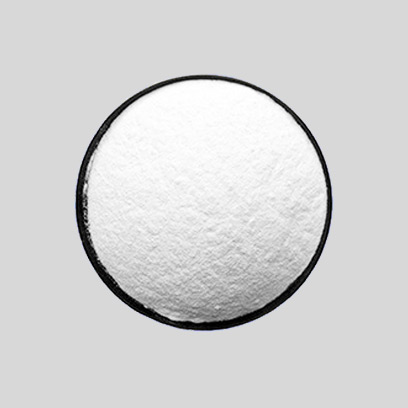
វិច្ឆិកា . 26, 2024 16:06 Back to list
OEM Suppliers for High-Quality Titanium White Products and Manufacturing Solutions
Exploring OEM Titanium White Factories Quality, Production, and Innovation
Titanium white, known scientifically as titanium dioxide (TiO2), is a versatile white pigment widely used in various industries, including paints, coatings, plastics, and cosmetics. The demand for high-quality titanium white has led to the emergence of numerous OEM (Original Equipment Manufacturer) factories specializing in its production. This article delves into the role of OEM titanium white factories, their production processes, quality control measures, and the innovations shaping the future of this essential pigment.
Understanding OEM Titanium White
OEM titanium white factories focus on producing titanium dioxide for various clients under their brand names. These factories leverage their technical know-how and manufacturing capabilities to produce customized products that meet the specific needs of different industries. This business model allows companies to enjoy the benefits of high-quality manufacturing without the extensive capital investment in equipment or facilities. OEM factories often have the ability to scale production and adapt formulations to align with the unique requirements of their clients.
The Production Process
The production of titanium white primarily involves several key processes, including the sulfate process and the chloride process.
1. Sulfate Process This traditional method involves the reaction of titanium ore, typically ilmenite, with sulfuric acid. The resulting titanium sulfate is further hydrolyzed to form hydrated titanium dioxide. After purification, it is calcined at high temperatures, yielding titanium dioxide pigment with specific properties, such as high opacity and excellent weather resistance.
2. Chloride Process Adopting a more modern approach, the chloride process utilizes chlorine gas to convert titanium ore into titanium tetrachloride, which is then oxidized at high temperatures to produce titanium dioxide. This method generally results in higher purity and better optical properties, making it the preferred choice for OEM factories aiming to produce premium-grade titanium white.
Quality Control Measures
For OEM titanium white factories, maintaining high standards of quality is paramount. This is critical not only for customer satisfaction but also for compliance with various international regulations. Quality control measures typically include
- Raw Material Inspection Factories meticulously examine the quality of raw materials to ensure they meet specified standards before production begins.
oem titanium white factories

- In-Process Testing During different stages of the manufacturing process, samples are taken for testing to ensure consistent quality. This includes checking particle size, distribution, and chemical composition.
- Final Product Evaluation Finished titanium white products undergo rigorous testing to assess their performance characteristics, such as opacity, brightness, and shear stability. This step is crucial for confirming that the product meets the clients' requirements.
- Certification and Compliance Many OEM factories obtain certifications such as ISO 9001 to demonstrate their commitment to quality management systems. Compliance with environmental regulations, such as REACH in Europe, is also a vital aspect of their operations.
Innovations Driving the Industry
The OEM titanium white manufacturing landscape is rapidly evolving, driven by technological advancements and a growing emphasis on sustainability. Key innovations include
- Development of Eco-friendly Processes Many factories are exploring greener production methods, reducing reliance on harmful chemicals and minimizing waste. Innovations such as using alternative feedstocks or closed-loop systems are becoming more prevalent.
- Nanotechnology The application of nanotechnology in producing titanium white is gaining traction. By manipulating the particle size and morphology, OEM factories can create products with enhanced properties, such as increased brightness and improved dispersion characteristics.
- Customization and Tailored Solutions OEM factories are increasingly offering bespoke solutions to meet the specific needs of their clients across various sectors. This adaptability not only enhances customer satisfaction but also strengthens long-term partnerships.
Conclusion
OEM titanium white factories play a crucial role in the global supply chain, providing high-quality titanium dioxide for diverse applications. Through advanced manufacturing processes, strict quality control measures, and a commitment to innovation, these factories are well-positioned to meet the evolving demands of the market. As industries continue to pursue sustainable practices and customized solutions, the importance of OEM titanium white factories will only continue to grow, driving the next wave of advancements in the pigment industry.
-
High Quality TiO2 for Superior Performance - Reliable Supply & Purity
NewsJul.27,2025
-
13463-67-7 Titanium Dioxide Using for Coating Supplier – High-Quality Rutile TiO2 for Paints
NewsJul.26,2025
-
High-Quality Titania TiO2 from Leading China Suppliers & Factories
NewsJul.25,2025
-
High Quality Titania TiO2 from Leading China Manufacturer and Supplier
NewsJul.24,2025
-
High-Quality Titanium Dioxide 298 for Versatile Industrial Applications
NewsJul.23,2025
-
High-Quality Titanium Dioxide for Pigments & Industrial Applications
NewsJul.22,2025
